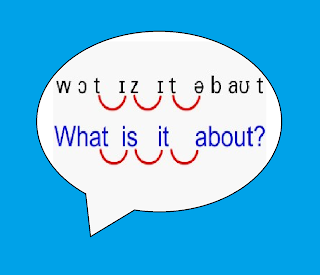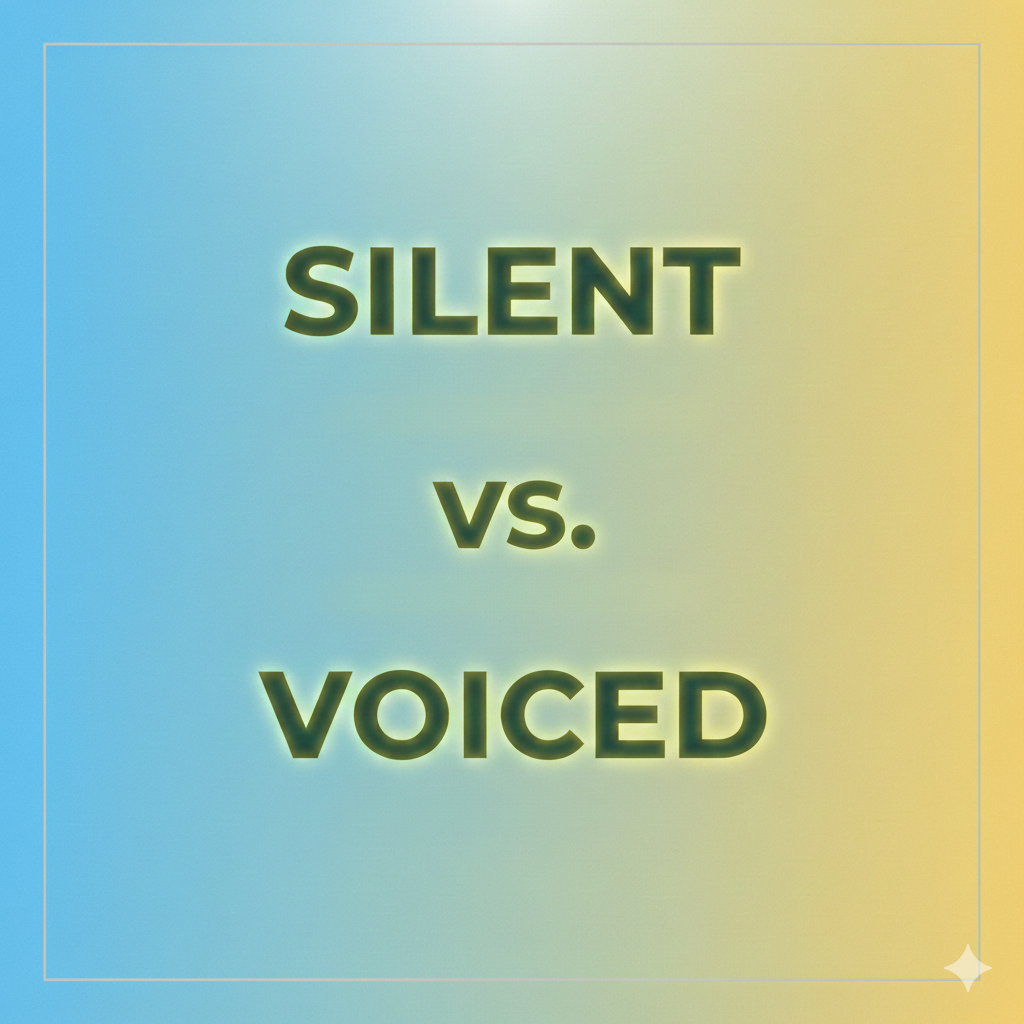Category: Pronunciation
Pronunciation of 18 English words with foreign origin
 I always find it amusing when I have to pronounce loan words from Spanish the English way. For example chorizo /tʃɔːˈriːzəʊ/. Let’s have a look at some English words of foreign origin.
I always find it amusing when I have to pronounce loan words from Spanish the English way. For example chorizo /tʃɔːˈriːzəʊ/. Let’s have a look at some English words of foreign origin.
Continue reading “Pronunciation of 18 English words with foreign origin”
Is the letter “e” in exhibit and exhibition pronounced in the same way?
 If your answer is no, you got it right. Here are the transcriptions of these two words.
If your answer is no, you got it right. Here are the transcriptions of these two words.
EXHIBIT /ɪɡˈzɪbɪt/
EXHIBITION /ˌeksɪˈbɪʃn/
Continue reading “Is the letter “e” in exhibit and exhibition pronounced in the same way?”
20 words that you may be mispronouncing
 Chaos
Chaos
Foreigner
Decision
Government
Do you know how to pronounce these words?
If you don’t, keep reading….
As my students know, I’m a great believer in the power of self-study. The activity I’m presenting today comes from material I use in class but you can also use it by yourself at home.
A pre-requisite is that you need to be familiar with the pronunciation chart. If you aren’t yet, you can learn it by yourself or book some classes with a teacher. I encourage you to do that if you want to acquire an invaluable tool to improve your pronunciation over time. It may take a while, but it’s not as hard as it seems. Continue reading “20 words that you may be mispronouncing”
3 basic pronunciation tips
 Intended for:
Intended for:
Spanish speakers learning English at an Elementary or Lower-Intermediate level or those with a higher level but without experience in learning pronunciation.
When it comes to pronunciation, pick your battles
 English pronunciation can present a significant challenge to non-native speakers; it can hinder fluent speaking and create insecurity issues. But the good news is that with time and perseverance your pronunciation can improve drastically.
English pronunciation can present a significant challenge to non-native speakers; it can hinder fluent speaking and create insecurity issues. But the good news is that with time and perseverance your pronunciation can improve drastically.
Based on my experience, both as an English learner myself and as a language teacher, in this blog post I intend to hint at some ideas to help you rise to the challenge and start a journey to a more confident approach to pronouncing, and thus, speaking. Continue reading “When it comes to pronunciation, pick your battles”
Connected Speech
Looking into the flow of English

The natural rhythm that gives English its musicality is partly influenced by how the words are linked. In order to enhance our speaking and make it sound more natural and relaxed, we need to understand the mechanics of how this works.
This is not a typical feature in some languages such as Spanish so it will help to first analyse and recognise when this happens in natural speech to, later, implement it in your speaking. An additional benefit is that your overall improvement in listening comprehension and a more natural flow can lead to better results in tests.
Let’s look into some very basic everyday phrases in which connected speech makes its appearance. Continue reading “Connected Speech”
Google Assistant
Some ideas to use it as an English learning tool

Voice or speech recognition has developed significantly over time and become a useful tool that has countless applications in many areas of life. Gadgets like Amazon Alexa or Google Home can play the role of a secretary, a speaking encyclopedia, a music player and so many more. The possibilities are endless and some of them applicable to language learning.
The subject of this blogpost is a humbler version of those devices, that’s to say your mobile google assistant. If you do not know of its existence, it might be found as an inbuilt app. But most likely, if there, it has come into view to greet you at some point. I was not quite sure whether to be annoyed or curious when it showed up on my screen. Was it another one of those time-consuming pop-ups that keep appearing when you least expect them? Continue reading “Google Assistant”
 Have you ever noticed that English spelling feels like a game of hide-and-seek? Sometimes letters are silent, sometimes not.
Have you ever noticed that English spelling feels like a game of hide-and-seek? Sometimes letters are silent, sometimes not. 